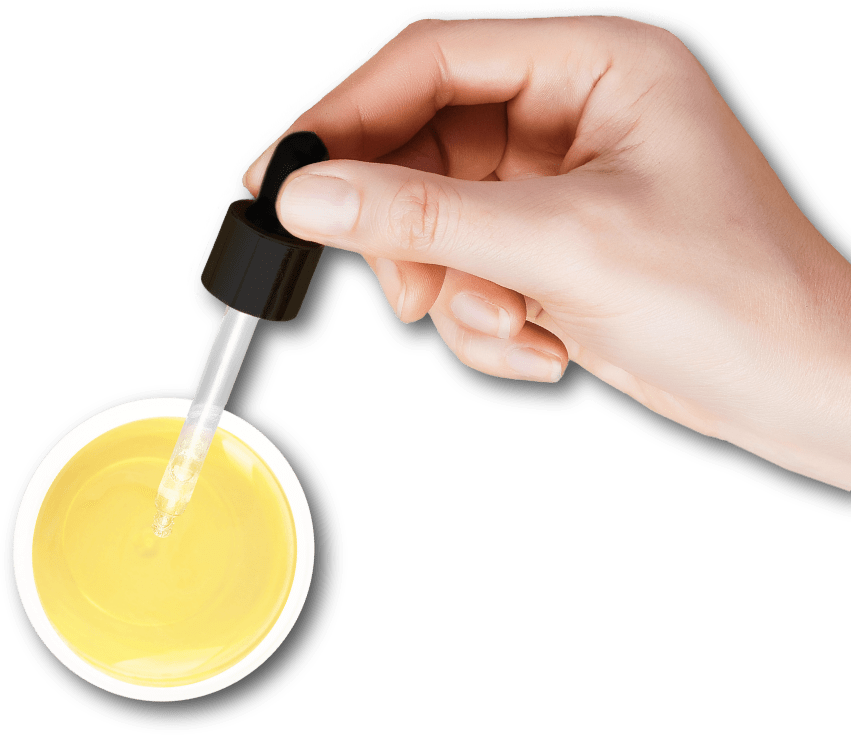CBD and fitness
CBD and fitness are two terms that we’ve been hearing used together more and more frequently over the past few years.
CBD stands for cannabidiol, which is becoming increasingly popular in the health and wellness sector. CBD is derived from the hemp plant, which is known for its non-psychoactive properties. It is a safe and effective option for people looking to improve their health and well-being.
CBD and its effects on the endocannabinoid system
People engaged in fitness are attracted to CBD because of its potential to help with post-workout recovery, relieve pain and reduce stress.
Before we understand the exact relationship between CBD and fitness, let’s first understand how CBD interacts with the body’s endocannabinoid system.
The ECS is a network of receptors located throughout the body that helps regulate various physiological processes such as appetite, mood, pain and immune function. CBD interacts with the ECS by binding to its receptors and influencing its various functions.

Let us now look at what CBD and fitness have in common in the following areas:
CBD and Fitness:
Potential to reduce inflammation
Inflammation is a natural response of the body’s immune system to injury or infection. However, chronic inflammation can lead to a number of health problems, including reduced performance during exercise.
CBD has been shown to have powerful anti-inflammatory properties that can help reduce inflammation and promote faster recovery, allowing you to get back to your training programme sooner.
During exercise, the body experiences stress and inflammation as muscles are stretched to the limit. This inflammation can lead to soreness, stiffness and reduced performance.
CBD, through its potential anti-inflammatory properties, can help reduce inflammation and aid muscle recovery.
Ability to reduce pain
Pain is a common side effect of intense exercise, as it can be very debilitating and interfere with your performance. CBD has been shown to reduce pain by interacting with the body’s pain receptors. In this way, CBD helps you overcome pain and perform at your best.

Potential to improve sleep
Sleep is crucial for muscle recovery and growth, and a lack of quality sleep can significantly affect your training results. CBD has been shown to have a calming effect that can help improve sleep quality, allowing you to wake up refreshed and energised for your next workout.
Potential to improve focus and concentration
Focus and concentration are essential to achieving your fitness goals, and CBD has been shown to improve these cognitive functions. CBD interacts with the brain receptors responsible for memory and attention, improving focus and concentration during exercise.
Appetite control
CBD has been shown to help regulate appetite, which can be helpful for people trying to control their weight or stick to a diet.
Effects on anxiety and stress
CBD is commonly used to treat a number of conditions, including anxiety and stress. Both of these conditions can have a significant impact on a person’s ability to exercise, as they can lead to decreased motivation, fatigue and poor sleep quality.
CBD has been shown to have anxiolytic or anxiety-reducing properties. By interacting with the body’s endocannabinoid system, CBD may help reduce feelings of anxiety and stress, leading to improved exercise performance and overall well-being.
CBD and fitness: How to get started?
If you’re interested in incorporating CBD into your fitness routine, there are several options. CBD can be taken orally in the form of CBD tinctures or CBD capsules, or applied topically in the form of balms or ointments.
When choosing a CBD product, it’s important to look for high-quality, lab-tested products from reputable companies. It is also important to start with a low dose and gradually increase it as needed.
CBD oil produced by Cannadoca is tested for five indicators – cannabinoid profile, terpenes, microbiology, pesticides and heavy metals. All available certifications are posted on our website and are easily accessible to our customers. We insist on only the highest quality, as a mark of respect to you for placing your trust in us.

How do I take CBD?
There are several options:
In liquid form as a tincture that is dripped under the tongue, held for 30 seconds and then swallowed;
In capsules that are swallowed with liquid.
Taking CBD oil orally makes it easy to measure the exact dose compared to topical agents. When taken orally, the effects of CBD begin to take effect within 30 minutes to 2 hours, depending on whether you use a tincture or capsules.
CBD oil is produced in different concentrations – low, medium and high. The drops are measured with a dropper. With CBD capsules, on the other hand, the dosage is predetermined for each capsule and the measuring process is greatly simplified. The choice of product is a matter of personal preference and convenience.
How do I determine my CBD dose?
The rule of thumb when determining an individual dose is to always start with a small mg of CBD and gradually increase until the desired effect is achieved. The exact dosage for each individual depends on many different factors such as weight, personal biochemistry, medication intake, etc.


CBD and fitness: Before or after exercise?
You can take CBD before exercise to relieve chronic pain and fatigue. Taking CBD after a workout will support good muscle recovery and overall body relaxation. Read the research on: Cannabidiol and Sports Performance
How long does it take for CBD to take effect?
You should feel the effects of CBD within 30 minutes to 2 hours, depending on the specific form of the product and how you take it.
Should I take CBD every day?
Yes, daily use can help, especially if you are taking it for symptoms you experience on a daily basis – such as chronic pain, frequent anxiety or sleep problems. CBD can calm your nervous system, and it’s easier to prevent a symptom from getting worse than to try to treat a severe flare-up after it’s already happened.



